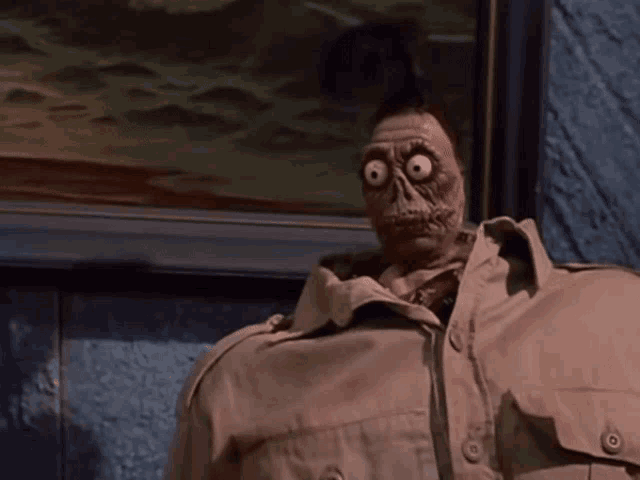Shrinks and Shrinkers
The word shrink has a neat etymology.
Go back a thousand years or so, and you arrive at the Old English word scrincan, which basically meant to shrivel or to wither. A raisin was a scrincan version of a grape, and when something was dead, it would become scrincan over time.
By the time of Middle English, scrincan had become shrinken, and the meaning had broadened a bit. I’ve seen this broadening phenomenon with loads and loads of etymologies, and it is almost a rule that a second metaphorical meaning will arise, given enough time.
Some humans get bored with the limited existing language, so it becomes something of a game to repurpose an existing word. That’s how shrinken came to mean to retreat or to recoil from, like the way we use shrinking away from something gross or scary.
I hope you won’t shrink from your duty to leave me a comment telling me how you use the word shrink:
One common use today is in the realm of psychology. Therapists are often called shrinks, and their work might even be called shrinking. Harrison Ford even stars in a show called Shrinking over on Apple TV, all about the messy world of psychology and psychiatry.
Remember how shrink = wither? Keep that in mind as the next part of this story unfolds.
During the early part of the 19th century, right as Napoleon’s run was winding down, rumors of actual shrunken heads located in present-day Ecuador and Peru began to circulate. By the 1830s, the first specimens had been acquired by wealthy European curiosity seekers, before ultimately ending up in museums in the US and in Europe.
By the early 20th century, shrunken heads were almost like a well-known meme. It became a gimmick to use a shrunken head in a pulp novel, and Hollywood soon picked up on the trope.
This really sets the stage for one of those times when clever repurposing gets you way more mileage from a word.
Psychiatrists didn’t want to physically shrink your head, but they did want to shrink the problems inside. This could mean shrinking your ego, or maybe diminishing another overwhelming issue in someone’s mental health picture. Either way, problems withered and got smaller—that was the idea.
By the 1950s, psychologists were as likely to be called shrinks as anything else.




Even more reasons to love my language!
Why does it shrink? https://youtu.be/GG2dF5PS0bI